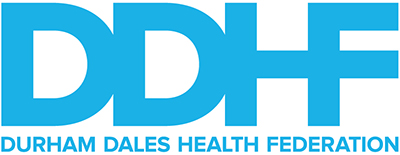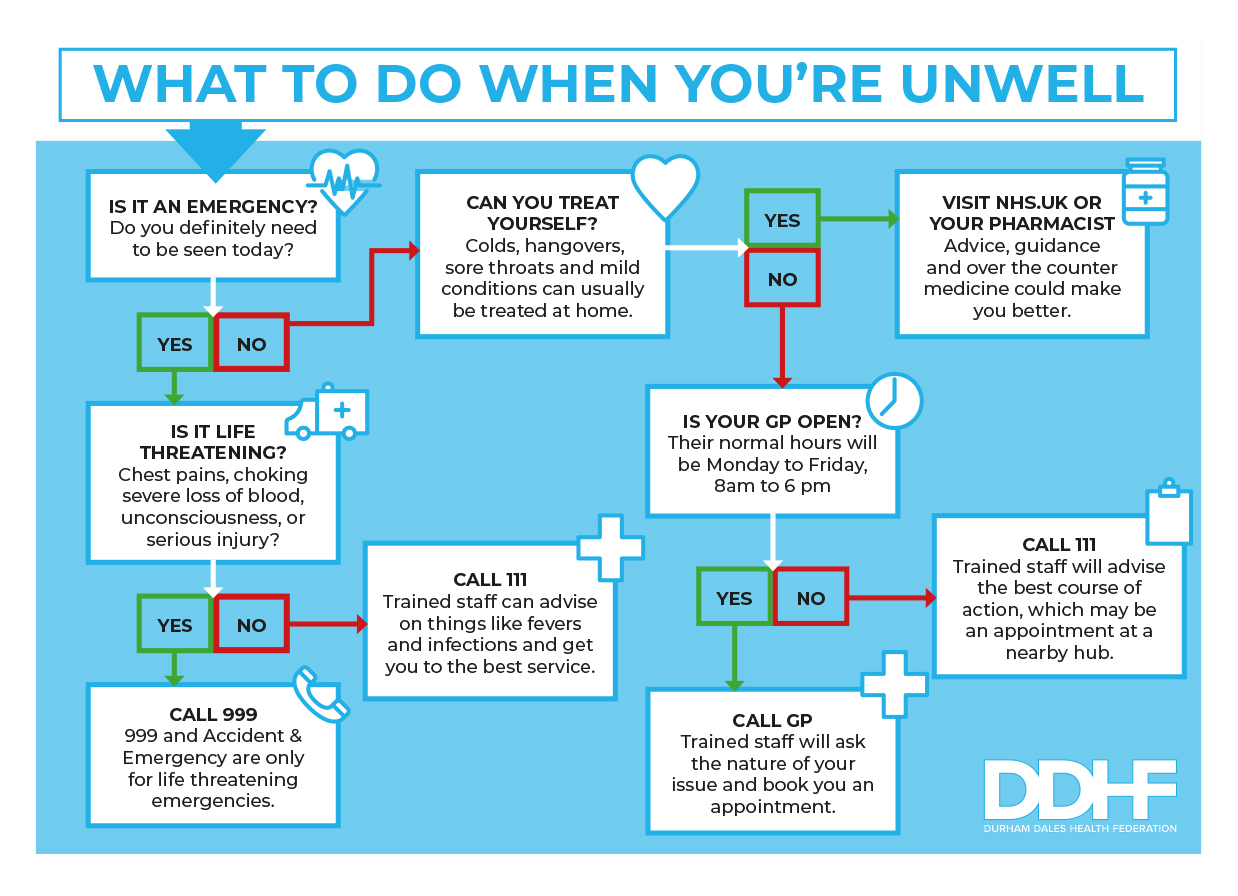Why it’s important
A typical GP visit costs the NHS £30, but a trip to A&E can be four times that or more.
Our growing and ageing population means the demand for NHS services has never been higher.
On average,1 million people are seen in GP practices and another 68,000 in Accident and Emergency everyday.
Of course when we’re ill we want to feel better quickly.
But it’s not just about speed of service, it’s about getting to the right service to match your needs.

